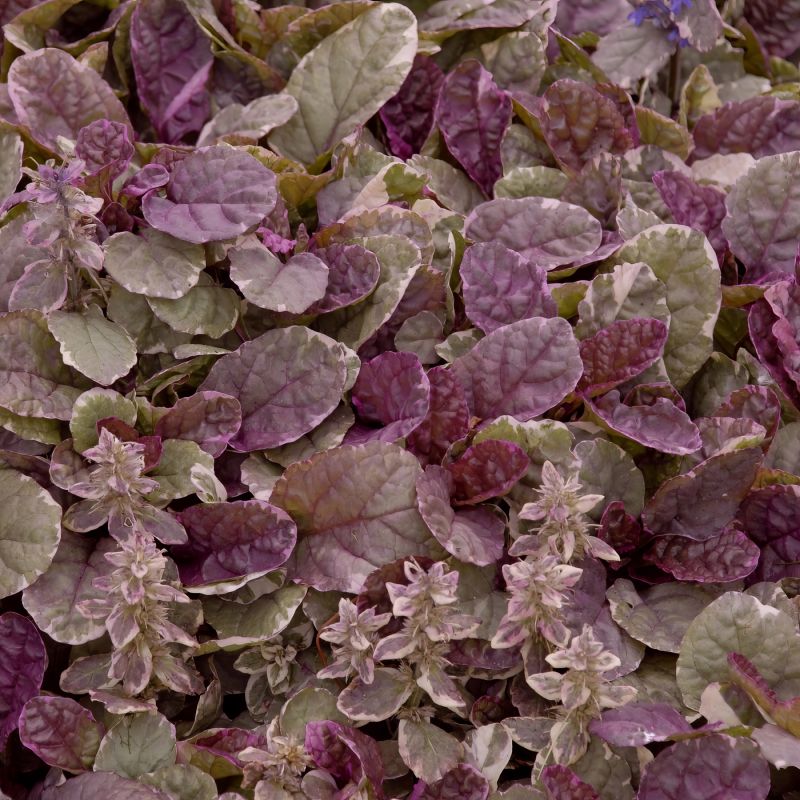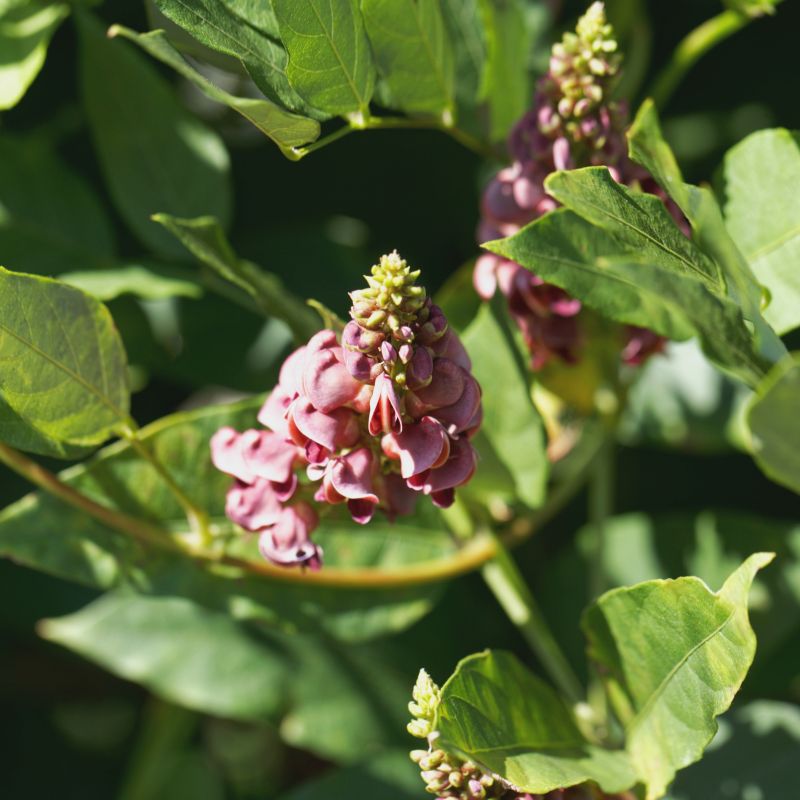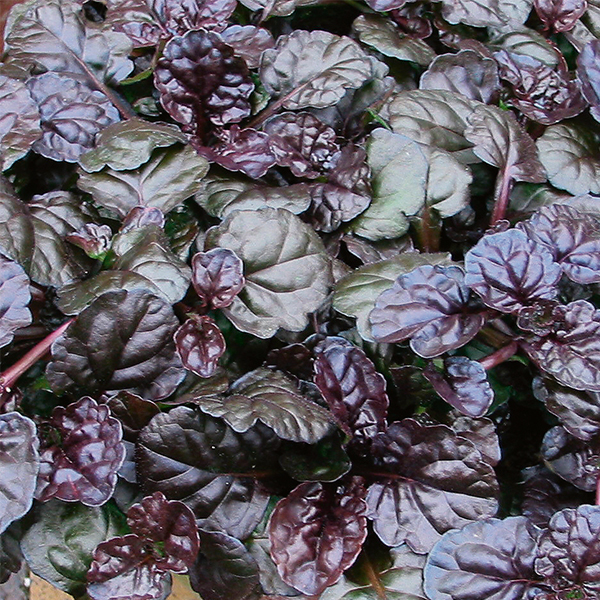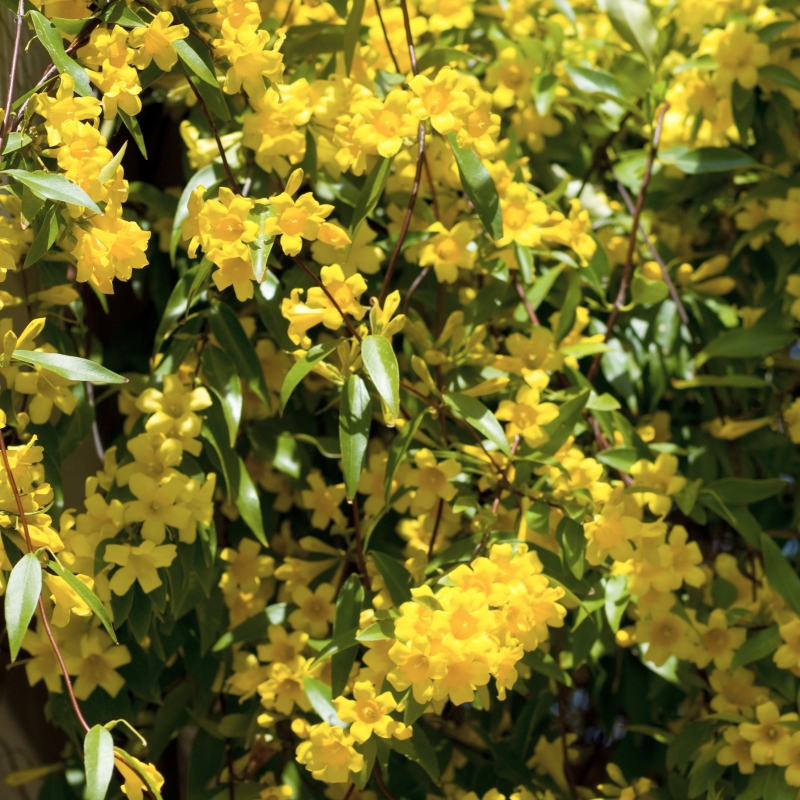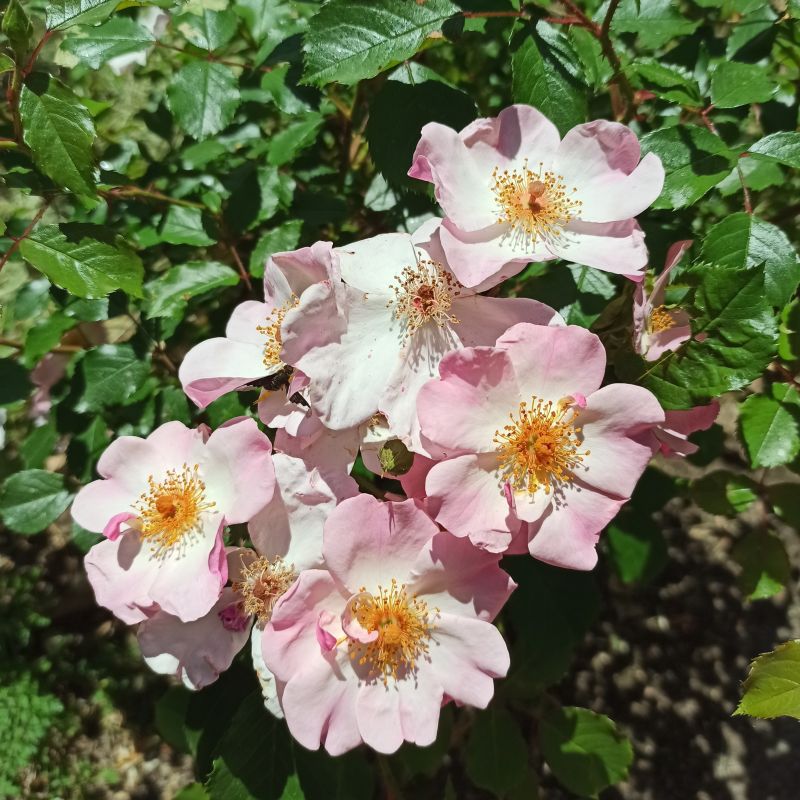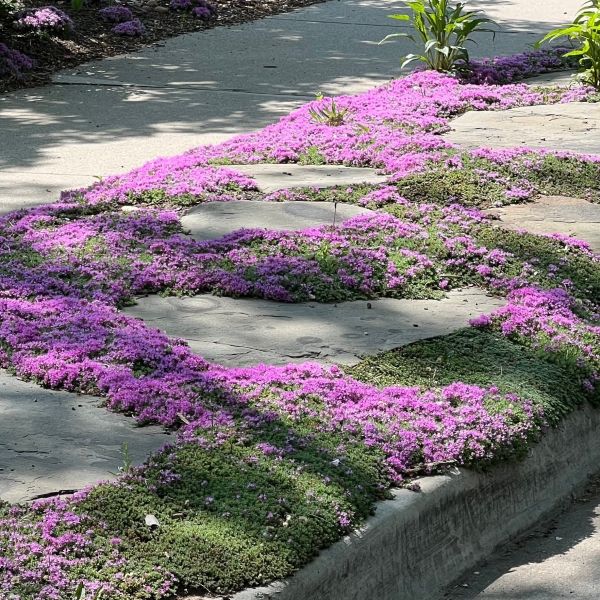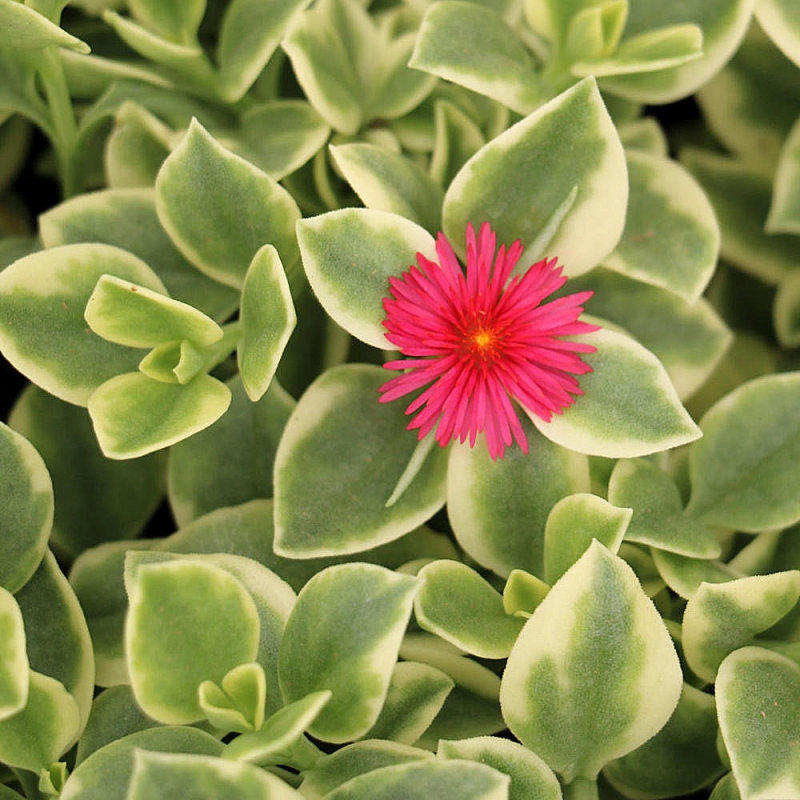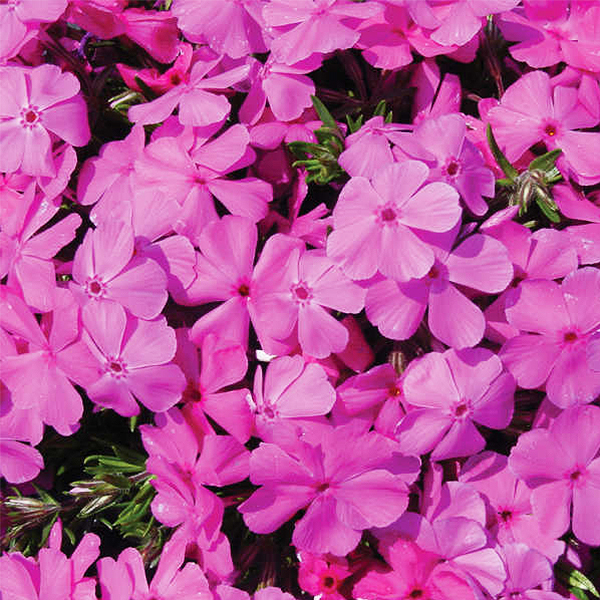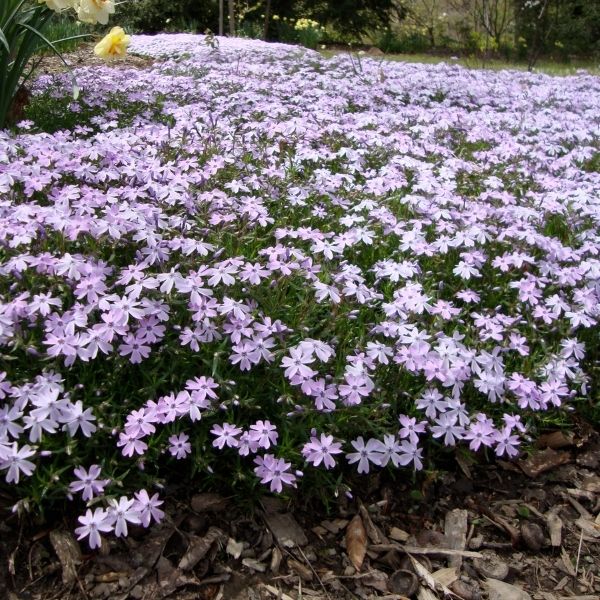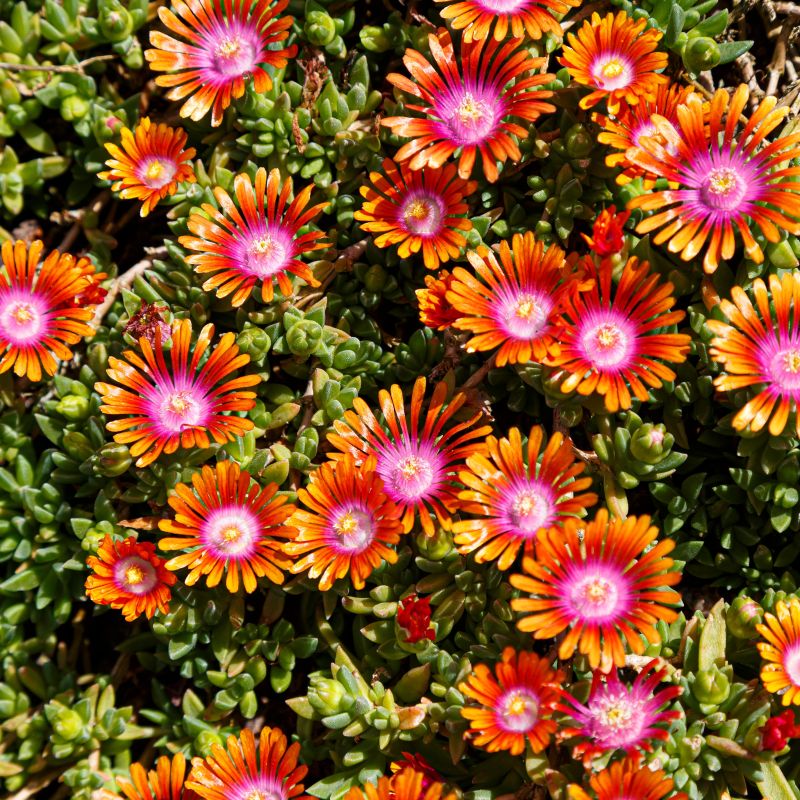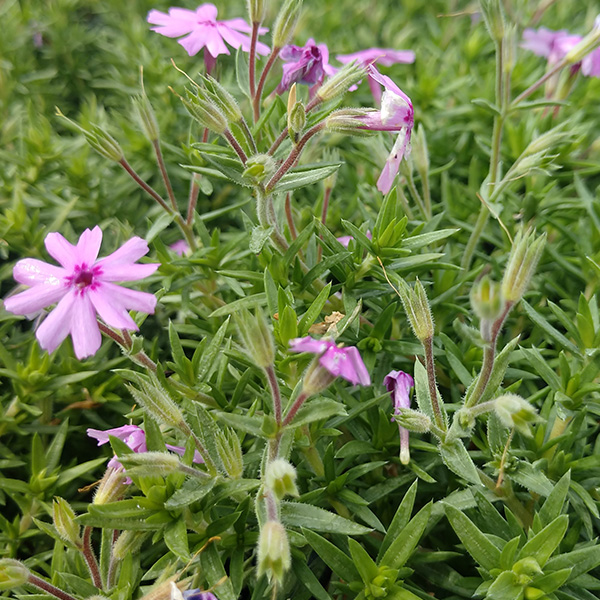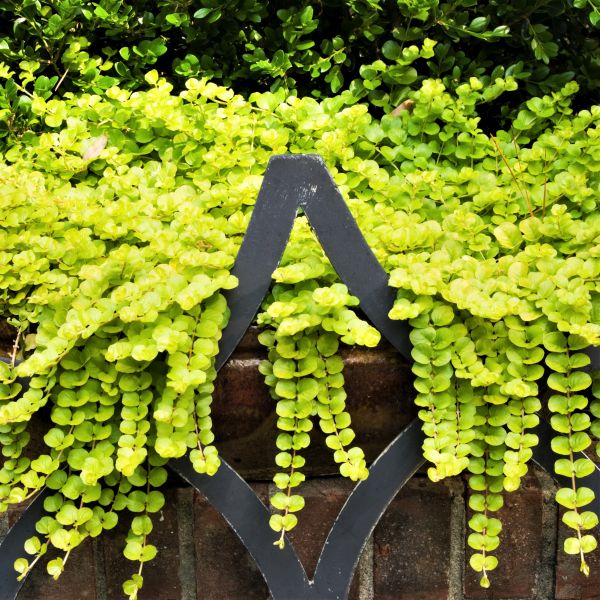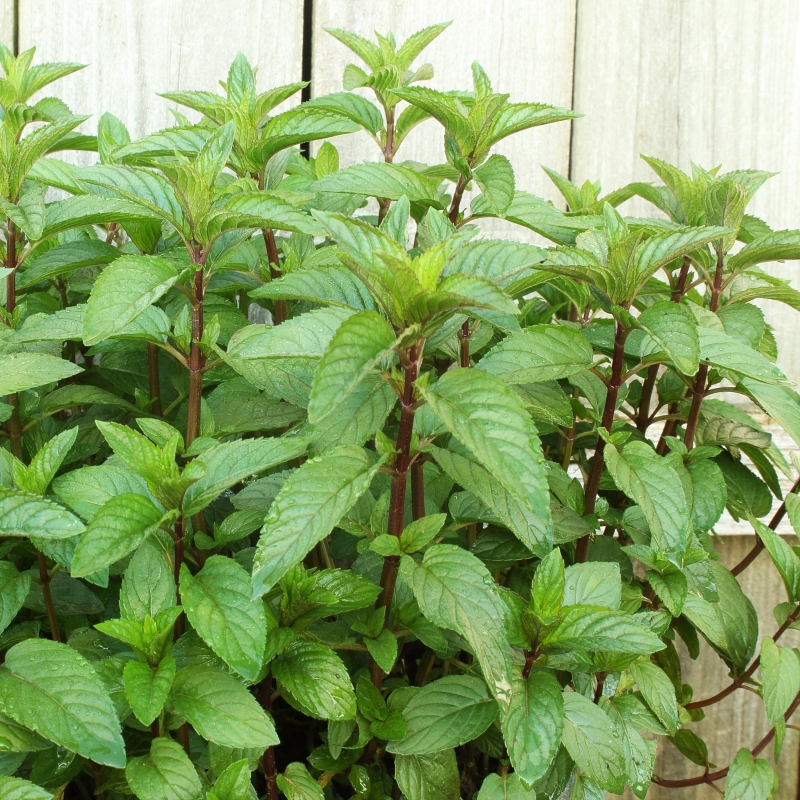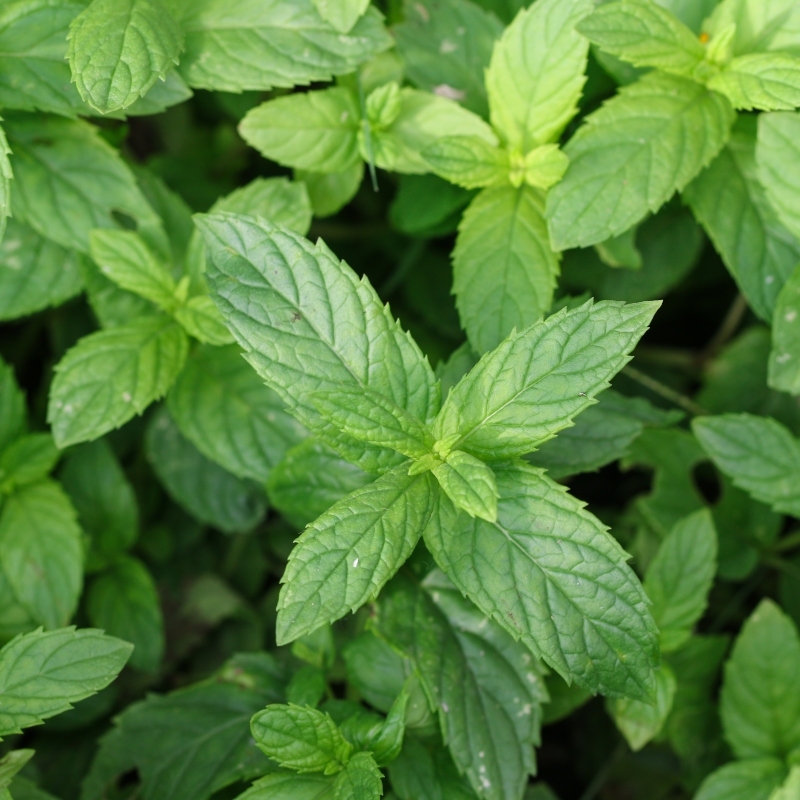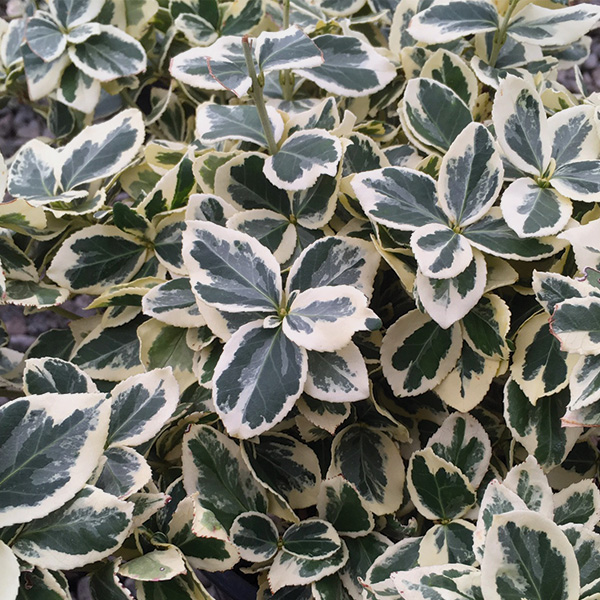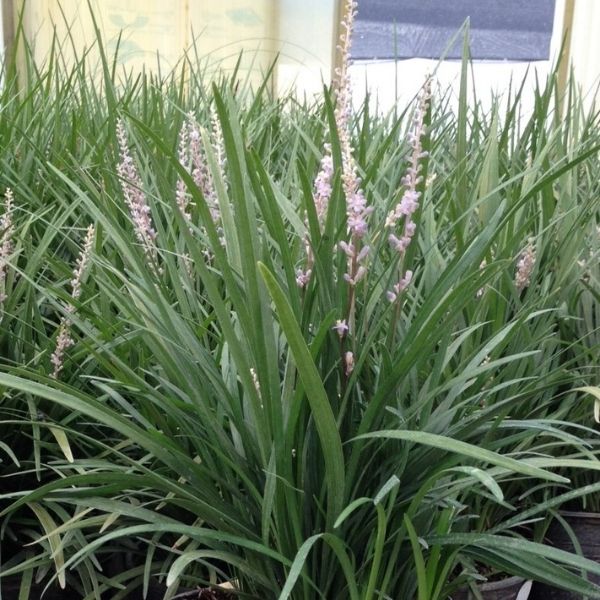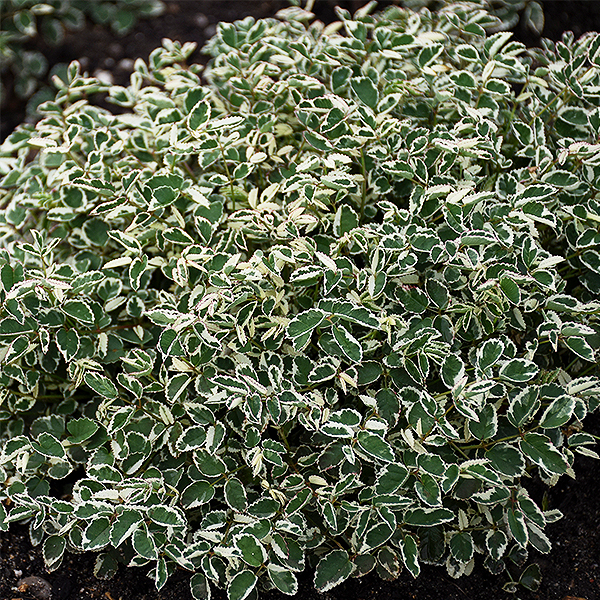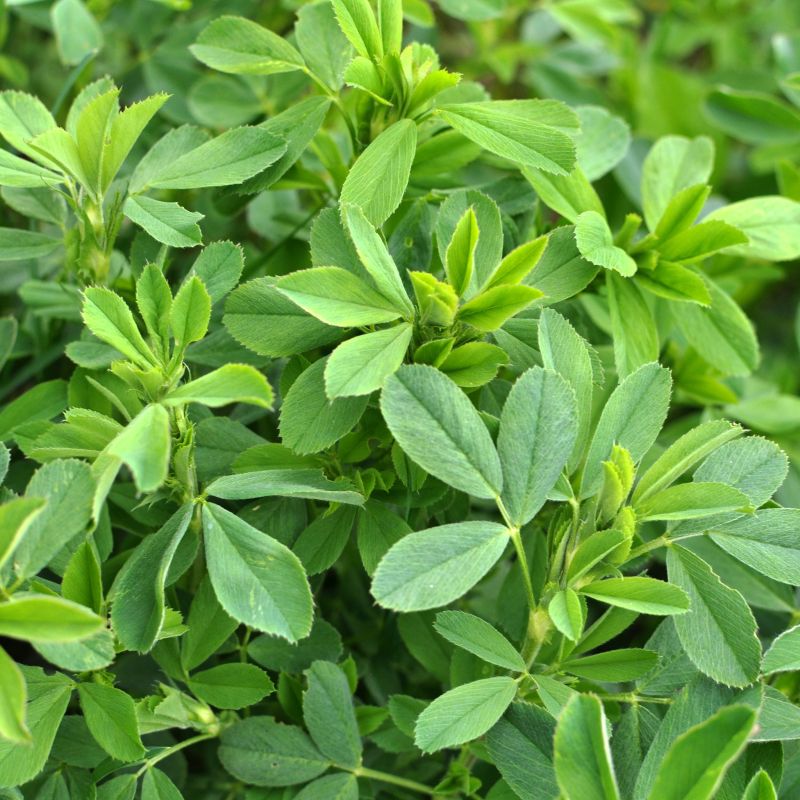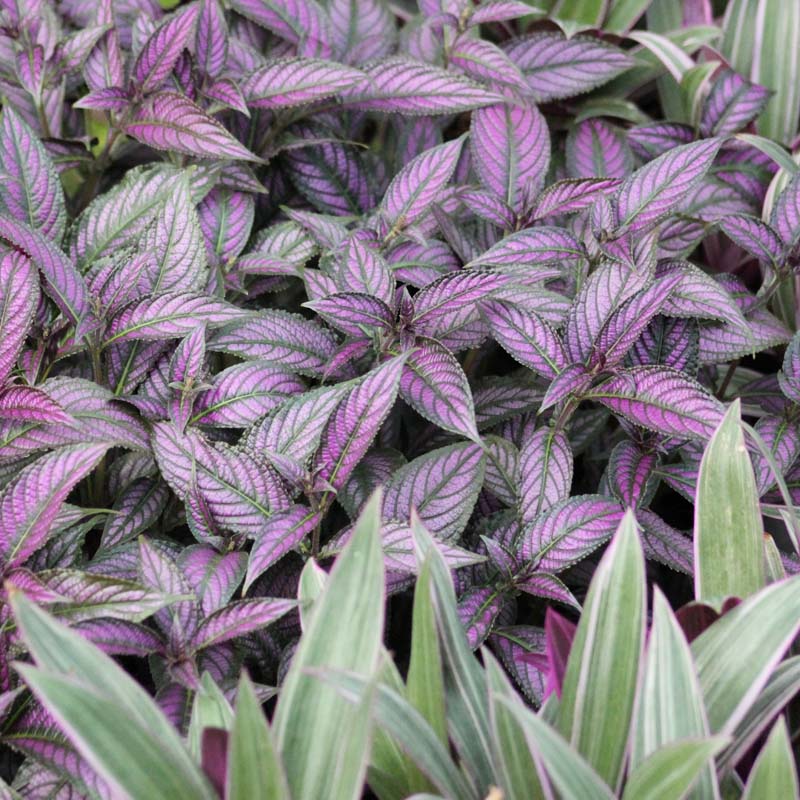
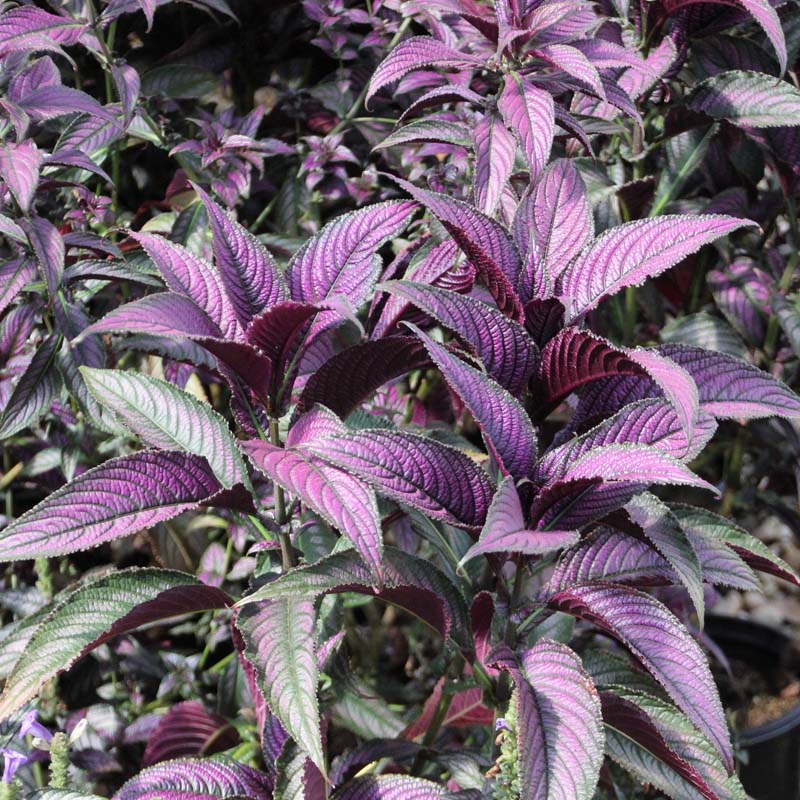
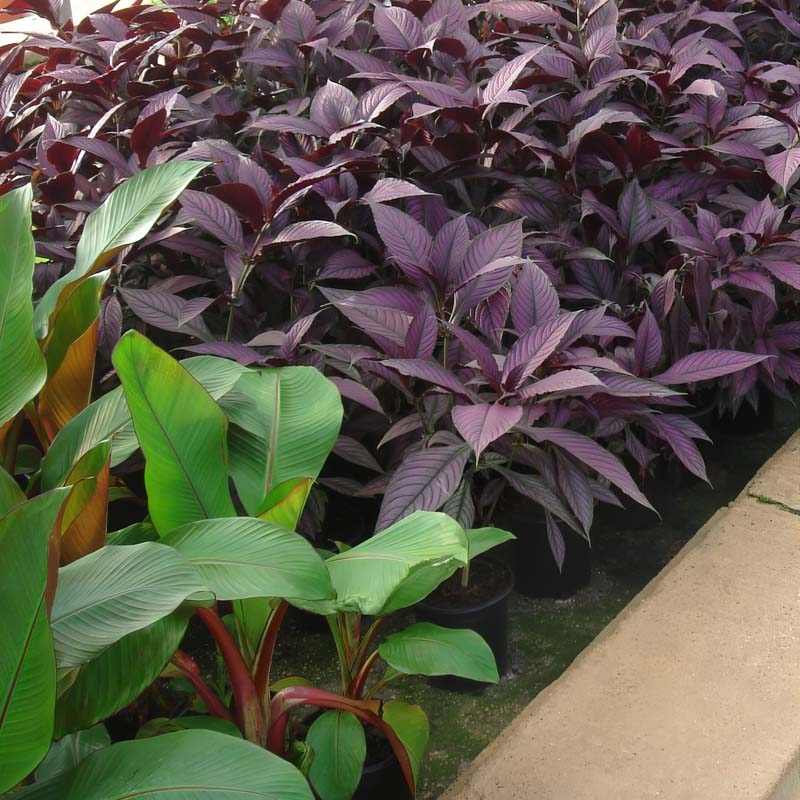
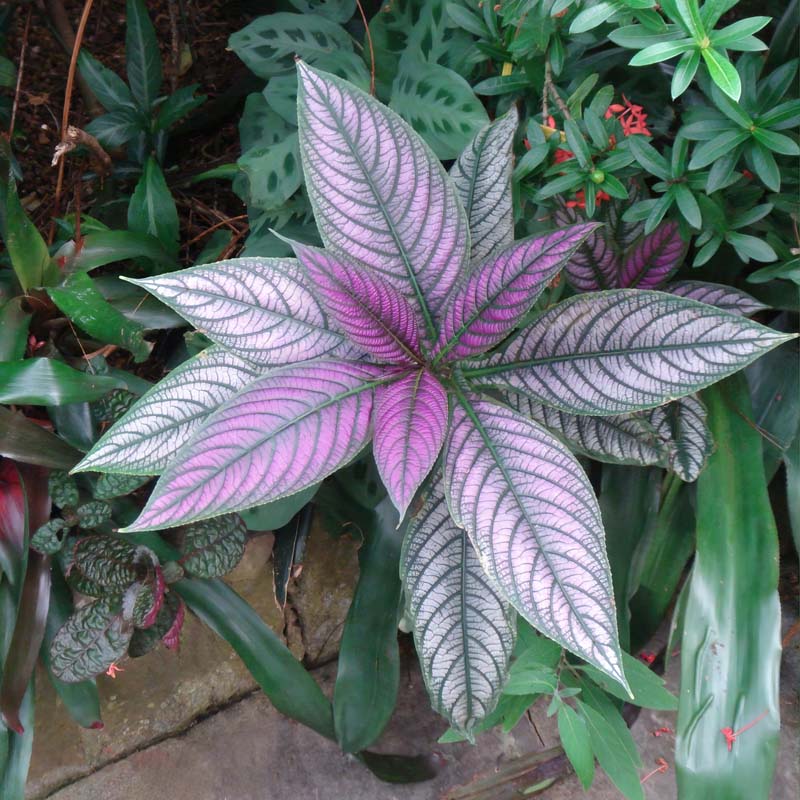
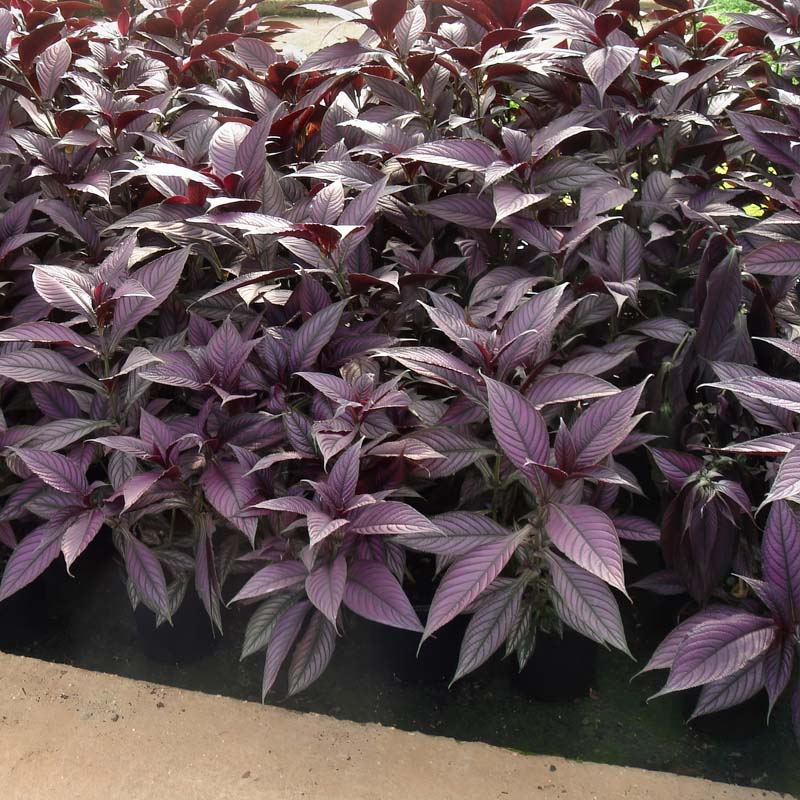
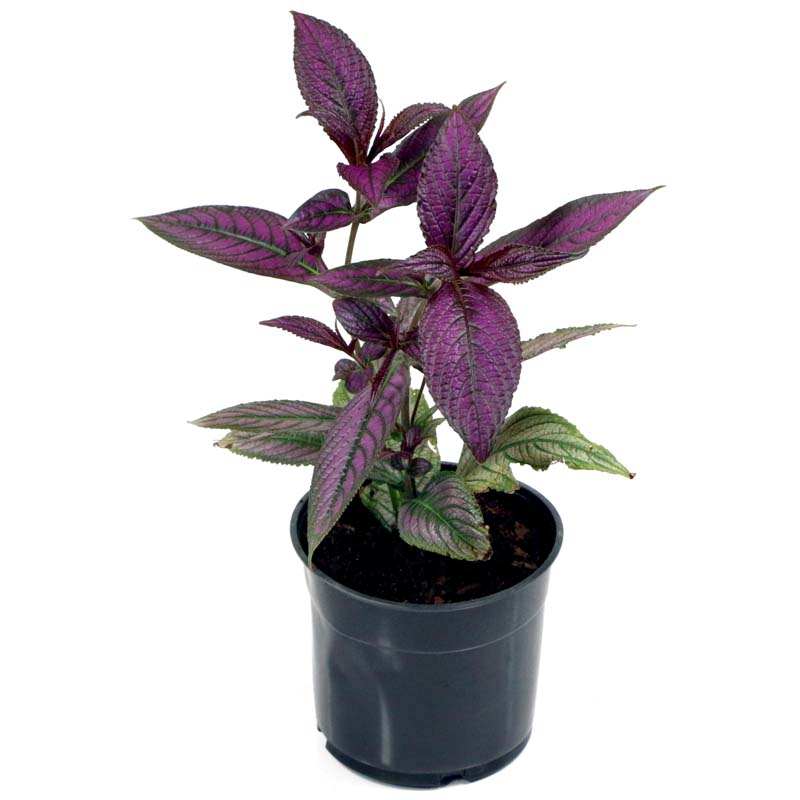
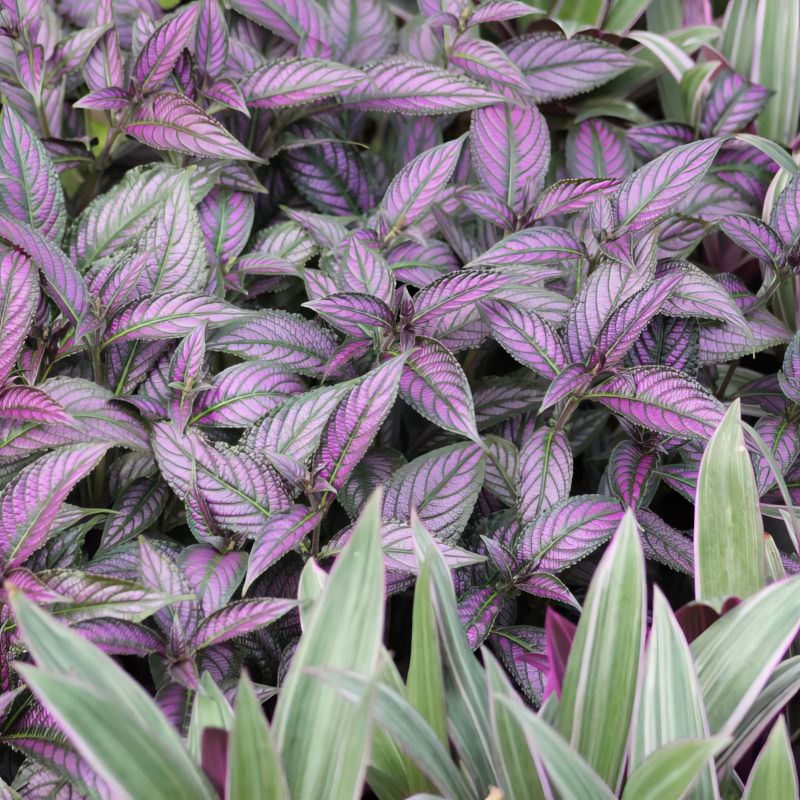
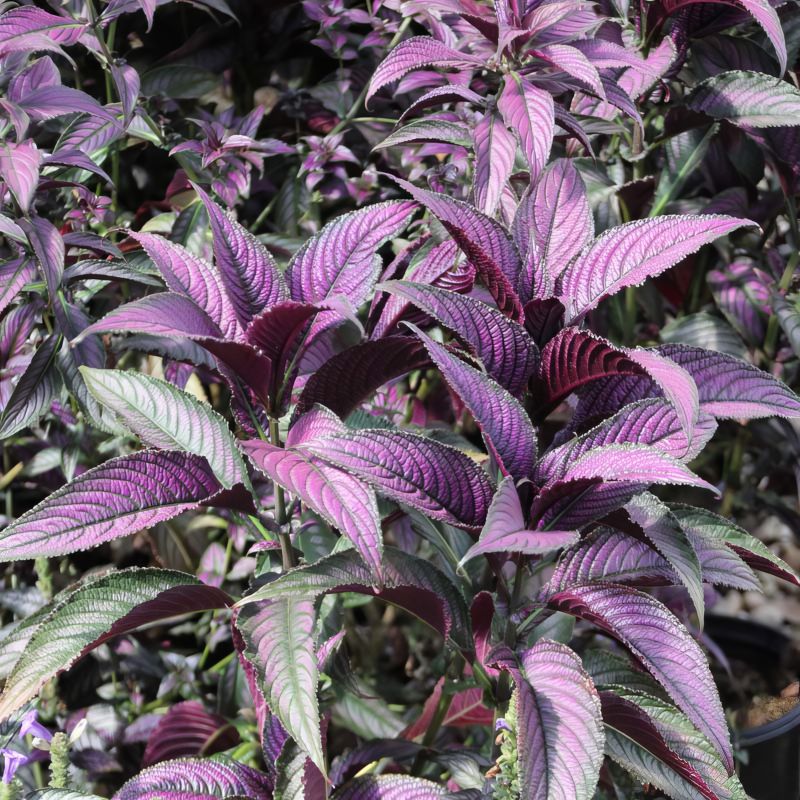
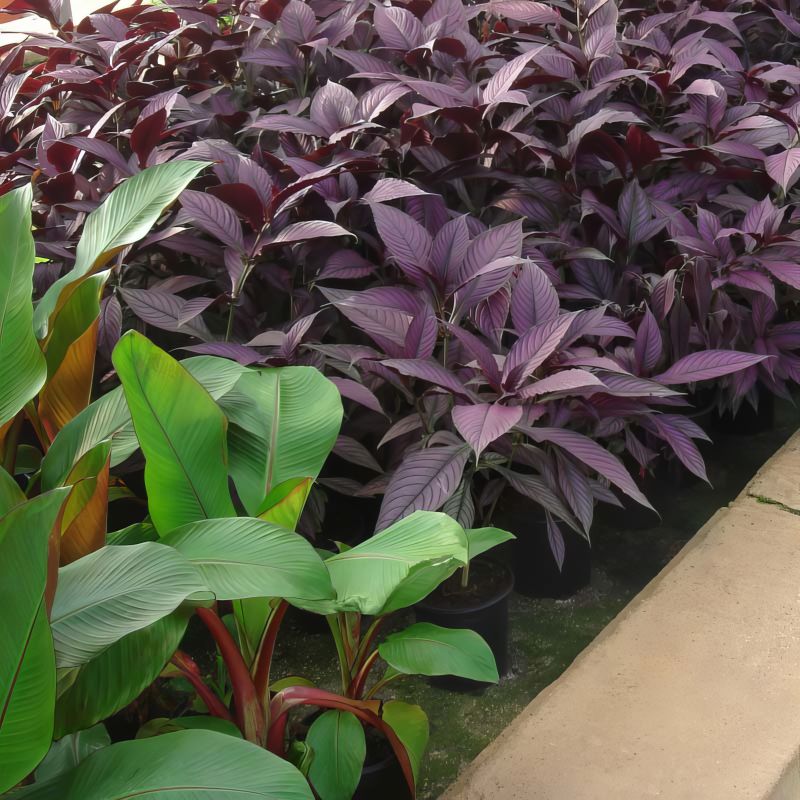
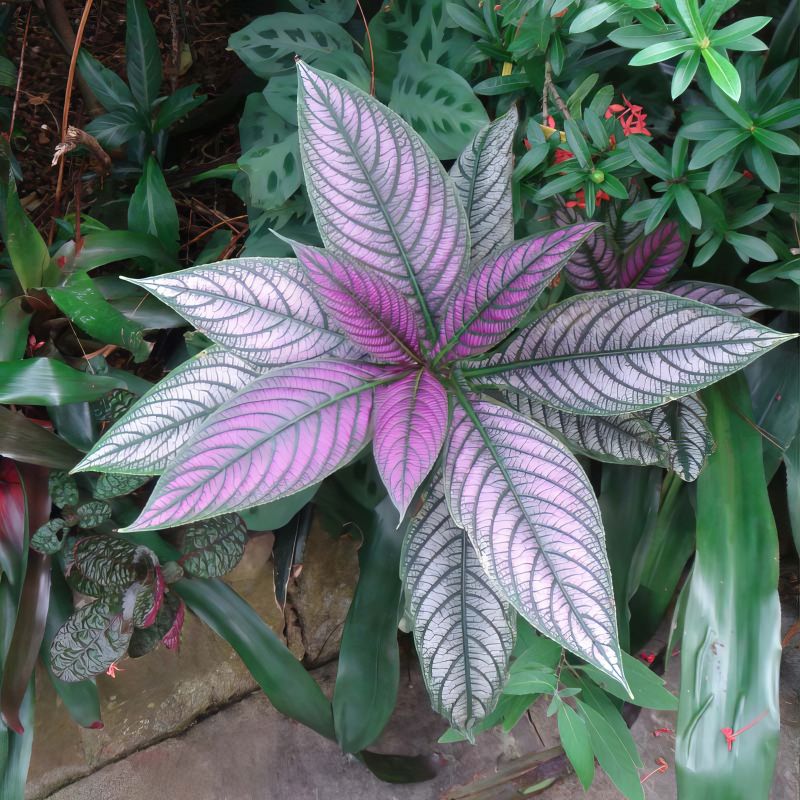
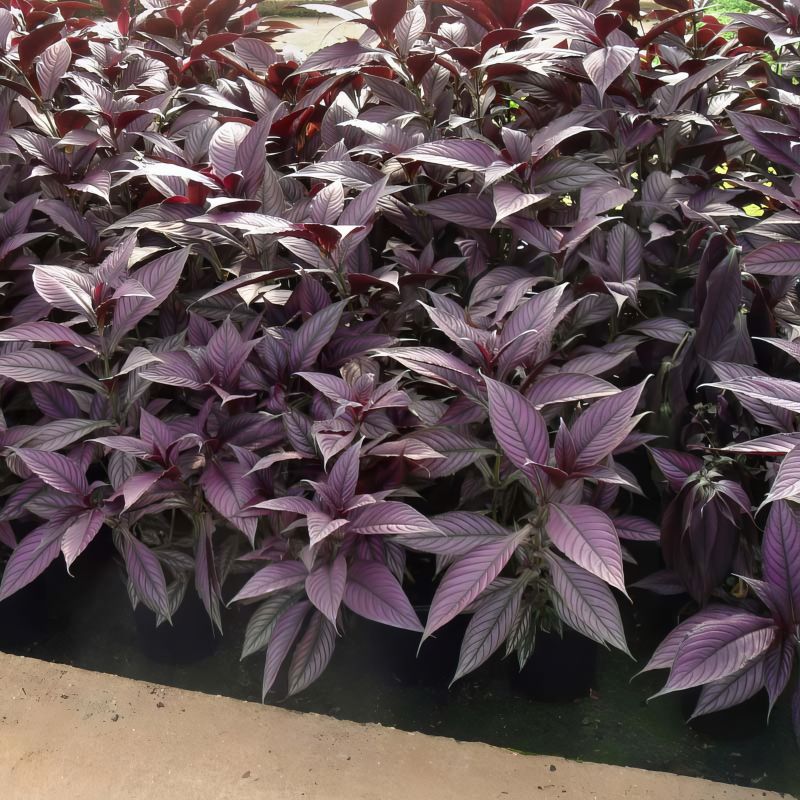
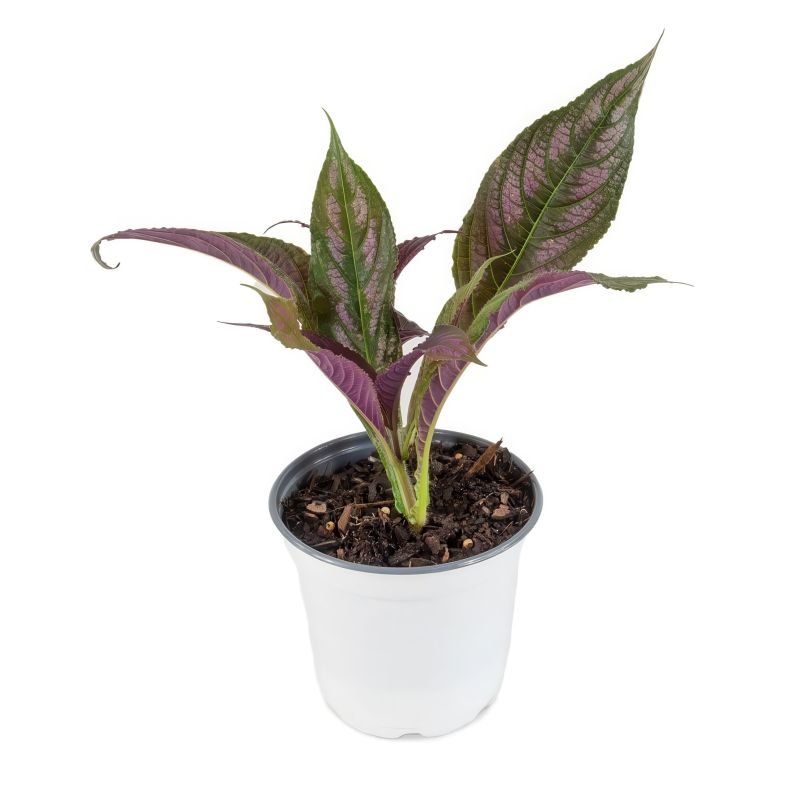
Persian Shield Purple
Strobilanthes dyerianus Persian Shield Purple
8 reviews
Persian Shield Purple
Strobilanthes dyerianus Persian Shield Purple
8 reviews
- Beautiful, vibrant purple foliage adds a pop of color to any garden or landscape
- Low maintenance plant that is heat and drought tolerant
- Thrives in partial shade to full sun, making it a versatile addition to any outdoor space
- Recommended by landscape designers for optimal fit in real yards
$44.00
$63.00
30% Off
- Ships to 43215 in 3 to 7 days
- Free Shipping Over $150
- Plant Arrival Guarantee
- In Stock
- Free Plant Consult
$200 - Landscape-Approved: Every Plant We Sell Comes With Design Expertise Behind It
Square Quart
Not just beautiful - intentionally selected by ShrubHub's 3D landscape design team to fit real-world spaces and maximize yard potential.
Why Persian Shield Purple?
Persian Shield Purple is a stunning foliage plant with vibrant purple and green leaves that add a pop of color to any garden or indoor space. This plant is easy to care for and thrives in partial shade, making it a versatile addition to any landscaping or container garden. Its striking colors and unique texture make it a popular choice for adding interest to any space.
People who loved this plant also bought
Sunlight
Persian Shield Purple plants require bright, indirect sunlight to thrive. They can tolerate some direct sunlight, but too much exposure can cause their vibrant purple foliage to fade or burn. It is best to place them in a spot with consistent, filtered sun
Watering
Persian Shield Purple plants require consistent watering to keep the soil evenly moist, but not waterlogged. Water when the top inch of soil feels dry to the touch. It is important to avoid letting the soil dry out completely, as this can stress the plant.
Fertilizing
Persian Shield Purple plants benefit from a balanced fertilizer with a higher ratio of nitrogen to promote healthy leaf growth. A slow-release fertilizer applied every 4-6 weeks during the growing season is recommended. Additionally, providing a micronutri
Plant Information:
| Botanical Name: | Strobilanthes dyerianus Persian Shield Purple |
| USDA Zones: | 10 - 11 |
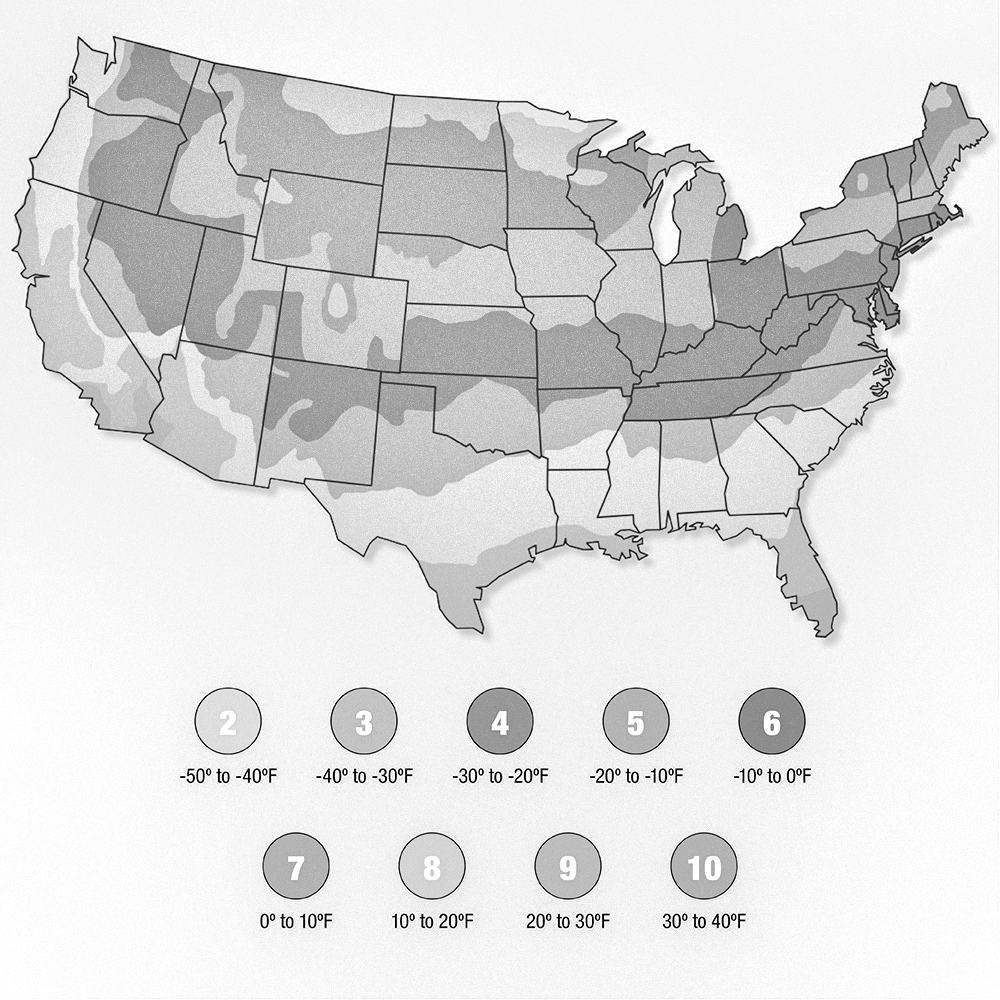

Pollination Info
Pollination Info for Persian Shield Purple (Strobilanthes dyerianus Persian Shield Purple)
Persian Shield Purple, also known as Strobilanthes dyerianus, is a popular ornamental plant known for its vibrant purple foliage. While Persian Shield Purple plants are grown mainly for their striking appearance, they do produce small tubular flowers that can attract pollinators.
Pollination Process:
The flowers of the Persian Shield Purple plant are typically small and tubular in shape, with shades of purple or blue. These flowers are attractive to pollinators such as bees, butterflies, and hummingbirds. When visiting the flowers for nectar or pollen, these pollinators inadvertently transfer pollen from one flower to another, facilitating the process of pollination.
Importance of Pollination:
Pollination is a crucial process for the reproduction of flowering plants, including Persian Shield Purple. Through pollination, plants are able to produce seeds and fruits, ensuring the continuation of their species. By attracting pollinators, Persian Shield Purple plants increase their chances of successful pollination and seed production.
Enhancing Pollination:
To enhance pollination in Persian Shield Purple plants, gardeners can plant other flowering species nearby to attract a variety of pollinators. Providing a diverse range of nectar-rich flowers will help encourage bees, butterflies, and other beneficial insects to visit the Persian Shield Purple plant for pollination.
Overall, pollination plays an important role in the lifecycle of Persian Shield Purple plants, ensuring their successful reproduction and continued growth in the garden.
FAQ
Persian Shield Purple (Strobilanthes dyerianus Persian Shield Purple) FAQ
1. What is the Persian Shield Purple?
The Persian Shield Purple is a tropical plant known for its striking purple and silver foliage. It is also known by its scientific name, Strobilanthes dyerianus Persian Shield Purple.
2. How do I care for Persian Shield Purple?
To care for Persian Shield Purple, place it in a brightly lit area with indirect sunlight. Water regularly, keeping the soil moist but not waterlogged. Use a well-draining soil mix and fertilize monthly during the growing season.
3. Can Persian Shield Purple be grown indoors?
Yes, Persian Shield Purple can be grown indoors as long as it receives enough light. Place it near a window where it can receive indirect sunlight for at least 6 hours a day.
4. Is Persian Shield Purple toxic to pets?
According to the ASPCA, Persian Shield Purple is non-toxic to cats and dogs. However, it's always best to keep all plants out of reach of pets to prevent any potential ingestion.
5. How often should I prune Persian Shield Purple?
Prune Persian Shield Purple as needed to maintain its shape and size. You can also pinch back the growing tips to encourage bushier growth.
6. Do I need to repot Persian Shield Purple?
Repot Persian Shield Purple every 1-2 years to refresh the soil and provide more space for growth. Choose a slightly larger pot with good drainage holes.
Planting & Care
Planting & Care for Persian Shield Purple (Strobilanthes dyerianus Persian Shield Purple)
Persian Shield Purple, also known as Strobilanthes dyerianus, is a striking foliage plant with colorful purple leaves that can add a pop of color to any garden or indoor space.
Planting:
- Choose a location with well-draining soil and partial shade to full sun.
- Plant Persian Shield Purple in the spring after all danger of frost has passed.
- Water the plant well after planting to help establish the roots.
Care:
- Water regularly, making sure the soil is consistently moist but not waterlogged.
- Feed Persian Shield Purple with a balanced fertilizer every 6-8 weeks during the growing season.
- Pinch back the plant regularly to encourage bushier growth and pinching off any flower buds can help to promote more vigorous foliage growth.
- Protect Persian Shield Purple from frost and cold temperatures, as it is sensitive to low temperatures.
- Prune back the plant in the fall to maintain its shape and size.
- Repot the plant every 2-3 years to refresh the soil and give the roots more room to grow.
With proper care, Persian Shield Purple can thrive and add a beautiful touch of purple to your garden or home.
Check Out These Verified Customer Reviews:
Customer Reviews
4.6 out of 5 based on 8 reviews
Thank you! Your review has been submitted.
Website easy to navigate
The Persian Shield Purple plant arrived in perfect condition and is even more beautiful in person. The colors are vibrant and it adds a gorgeous pop to my garden. Very satisfied with my purchase.
Vibrant purple color
Item has been added to your cart.



